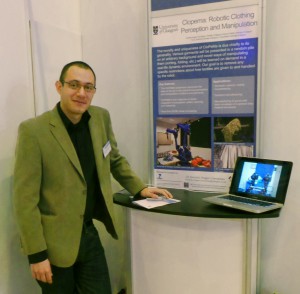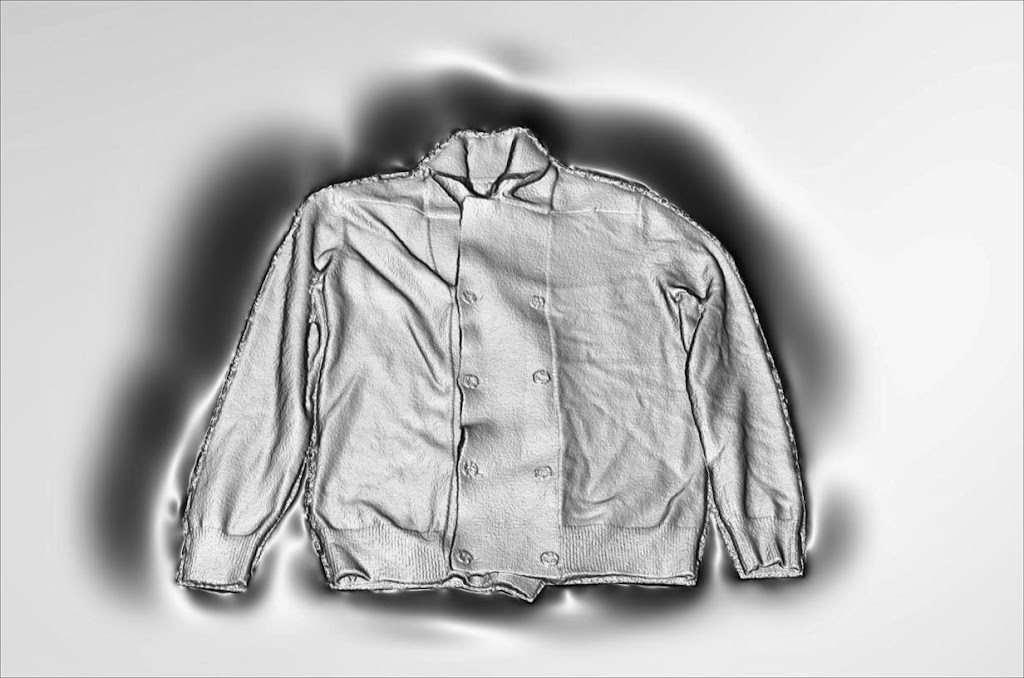Come and see CloPeMa at ICRA 2014!
A CloPeMa team will run an ICRA Workshop on Advances in Robot Manipulation of Clothes and Flexible Objects on 1st June 2014 in Hong Kong. The problem of manipulating and handling deformable and flexible objects is a great challenge in the development of robots capable of performing actions usually carried out by humans. It holds a great variety of technical challenges in new and advanced modelling, sensing, actuation planning and control technologies.
This ICRA workshop is aimed at the aspects related to the manipulation of flexible objects in the areas of: vision, planning, grasping, manipulation and interaction control, haptics, human-robot interaction, cognitive robotics, AI and others. It will, for instance, address technological aspects such as gripper design for advanced manipulation of flexible objects and visual and touch based coordinated robot control for execution of complex tasks. Furthermore it will give detailed insights into the cognitive, sensing and modelling issues in manipulation of flexible objects and is a chance to hear about and discuss the latest advancements.
The ICRA workshop is a great opportunity to meet and talk to the experts, such as, Sotiris Malassiotis, Vaclav Hlavak, Giorgio Cannata, Andreas Doumanoglou and other CloPeMa members. Register here.
Also the paper Autonomous Active Recognition and Unfolding of Clothes using Random Decision Forests and Probabilistic Planning will be presented in the main conference. Authors: Andreas Doumanoglou, Andreas Kargakos, Tae-Kyun Kim, Sotiris Malassiotis


